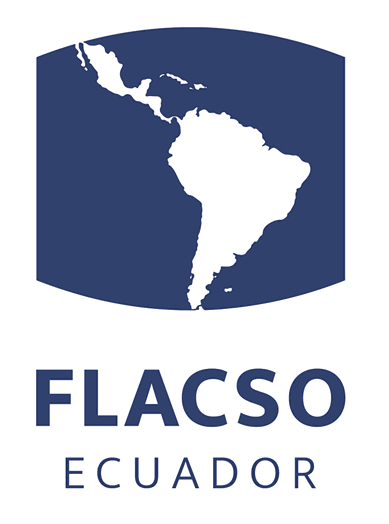Por favor, use este identificador para citar o enlazar este ítem:
http://hdl.handle.net/10469/7952Registro completo de metadatos
| Campo DC | Valor | Lengua/Idioma |
|---|---|---|
| dc.creator | David Rockefeller Center for Latin American Studies | - |
| dc.date | 2015 | - |
| dc.date.accessioned | 2016-01-20T16:23:03Z | - |
| dc.date.available | 2016-01-20T16:23:03Z | - |
| dc.identifier.citation | David Rockefeller Center for Latin American Studies. 2015. Garbage. Revista Harvard Review of Latin America, winter 2015, 14(2). | es_ES |
| dc.identifier.uri | http://hdl.handle.net/10469/7952 | - |
| dc.description | Waste—its generation, collection and disposal—is a major global challenge in the 21st century. Cities are responsible for managing municipal waste. Solid waste management is, arguably, the single most important function of cities: waste that is not collected on a timely basis creates a public health hazard, and organic waste, collection vehicles, and most waste disposal methods, with the notable exception of recycling, contribute to greenhouse gas emissions. But the management of waste depends in large part on the global markets for recycled materials. | es_ES |
| dc.format | 84 p. | es_ES |
| dc.language | eng | es_ES |
| dc.publisher | Cambridge. MA , Estados Unidos : Harvard University. | es_ES |
| dc.subject | BASURA | es_ES |
| dc.subject | DESECHOS | es_ES |
| dc.subject | RECICLAJE | es_ES |
| dc.subject | ELIMINACIÓN DE DESECHOS | es_ES |
| dc.subject | UTILIZACIÓN DE DESECHOS | es_ES |
| dc.title | Revista Harvard Review of Latin America | es_ES |
| dc.type | journal | es_ES |
| dc.tipo.spa | Revista | es_ES |
| Aparece en las colecciones: | ReVista Harvard Review of Latin America 14(2) - Winter 2015 | |
Archivos en este ítem:
| Archivo | Descripción | Tamaño | Formato | |
|---|---|---|---|---|
| A-Cubierta-R-RHRw2015.jpg | Revista - cubierta | 232,87 kB | JPEG |  Visualizar/Abrir |
| REXTN-RHRw2015.pdf | Revista - texto completo | 115,68 MB | Adobe PDF |  Visualizar/Abrir |
Este ítem está sujeto a una licencia Attribution NonComercial ShareAlike (CC BY-NC-SA 4.0)
Licencia Creative Commons



